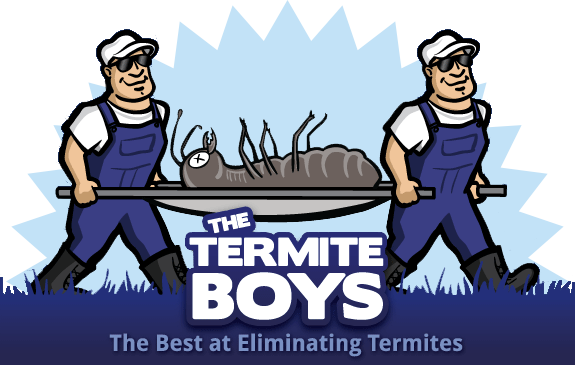When most of us think about termites, we picture them munching away at wooden structures during the warmer months. But did you know termites in Boston can still pose a threat during the winter? While it’s true that cold weather can slow them down, it doesn’t mean you’re entirely free from the risk of these destructive pests.
Understanding Termite Behavior in Winter
Termites are cold-blooded insects, which means their activity levels decrease as temperatures drop. However, this doesn’t mean they disappear entirely. In fact, they can remain active in heated spaces such as basements, crawl spaces, and even inside the walls of your home.
Why They’re Still a Concern
- Insulation: Boston homes are often well-insulated to keep out the cold, but this insulation can also provide shelter for termites.
- Heat Sources: Central heating keeps indoor temperatures warm enough for termites to survive, allowing them to continue feeding on wood.
- Underground Activity: Subterranean termites, which are common in Boston, can remain active under the frost line in the soil, giving them access to your home’s foundations.
Signs of Termite Activity in Winter
Even in winter, be vigilant for signs of termite infestation:
- Mud Tubes: These are small, pencil-width tunnels that termites use to travel between their colony and their food source.
- Discarded Wings: Although termites swarm mainly in spring, you might still find wings left behind from previous swarms.
- Hollow-Sounding Wood: Tap on wooden structures in your home. If they sound hollow, it might be a sign that termites have been feeding inside.
Preventive Measures
Here are some tips to protect your home from termites even during the winter months:
- Seal Entry Points: Check for and seal any cracks in your foundation, roof, and walls to prevent termites from entering.
- Reduce Moisture: Termites thrive in moist environments. Make sure your gutters are clear, fix any leaks promptly, and consider using a dehumidifier in damp areas like basements.
- Inspect Regularly: Schedule regular inspections by a professional pest control service to catch any infestations early.
- Store Wood Properly: Keep firewood and lumber away from your home and off the ground to reduce potential food sources for termites.
When to Call a Professional
If you suspect you have a termite infestation, it’s wise to contact a pest control expert immediately. They can assess the situation and recommend the most effective treatment options to protect your home.
While winter may slow termite activity, it certainly doesn’t stop it. Being aware of how termites can affect your Boston home during the colder months is crucial for maintaining a termite-free home year-round. Stay proactive, and you’ll save yourself a lot of trouble—and money—in the long run.

